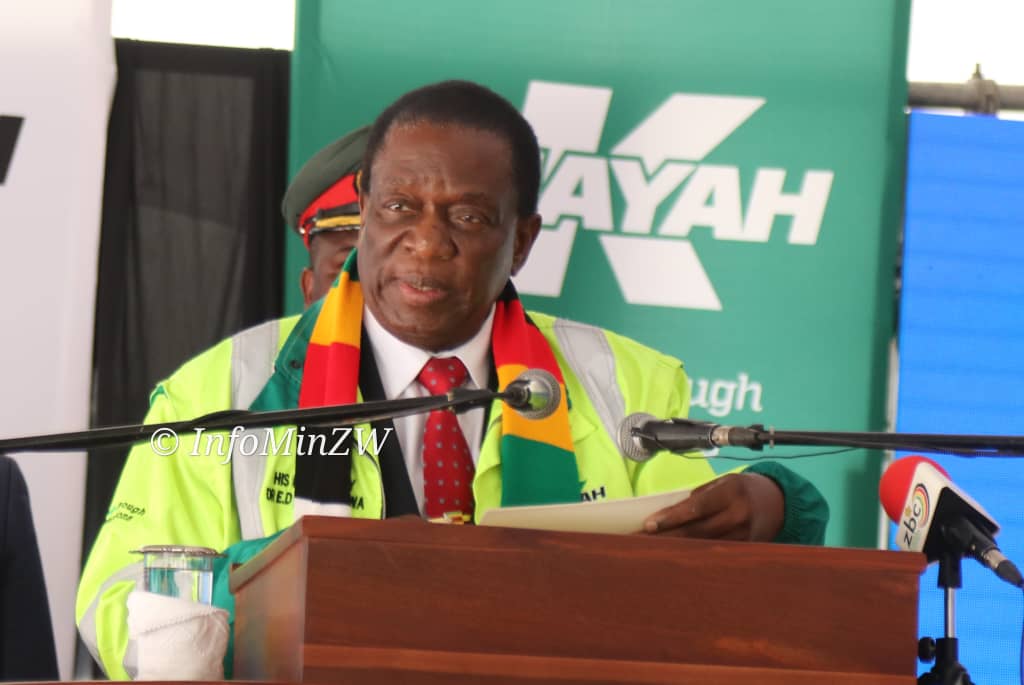Zimbabwe Gender Commission develops women’s charter for 2023 elections
Share

Harare (New Ziana) The Zimbabwe Gender Commission (ZGC) in collaboration with some development partners, has developed a charter aimed at compelling and guiding political parties to ensure equal participation of men and women on the political space in the country.
As the country moves towards the 2023 harmonised elections, it has emerged that political parties are reluctant to implement some of their constitutional obligations such as the need for 50-50 representation in party positions.
Speaking at a workshop which the Zimbabwe Election Support Network (ZESN) held in the capital on Wednesday, ZGC research and planning manager Lorraine Mbodza said political parties are still a long way in meeting gender parity.
She said in terms of their processes, procedures and constitutions, political parties are far from meeting or fulfilling the constitutional dictates of gender equality.
This, she said, had came out following a gender audit the ZGC had just completed for political parties in the country.
“In response to the findings of the gender audit, we then developed a model gender policy for political parties to provide guidelines and steps to be taken for political parties to reach 50-50, and this has been shared with political parties for implementation, but unfortunately as we stand today, we still speak the same story that we spoke in 2018,” said Mbodza.
In response to some of the issues contained in the gender audit such as women’s lack of capacity as raised by political parties, ZGC then initiated some training programmes capacitating aspiring female candidates on skills and information on political participation, which saw 371 women benefiting.
“To ensure that we are prepared for the 2023 harmonised elections, we have collectively with CSOs and other like-minded organisations, developed a women’s charter ahead of the 2023 harmonised election, which is considered a legitimate call to political parties to consider a number of issues for women’s political participation,” Mbodza said.
Some of the issues include making deliberate efforts to increase women’s representation through enhancing intra-party democracy, reviewing political party constitutions to adhere to 50-50 principle, addressing violence against women in politics and ensuring equitable access to political party finance among other issues.
“This women’s charter was actually also shared with political parties who converged at a multi-party gender conference that was jointly convened with CSO partners.
“Unfortunately, at this point we note that there is just low implementation of the provisions of the women’s charter, although the political parties really accepted the women’s charter and also signed the pledge to commit to its provisions,” she said.
New Ziana









